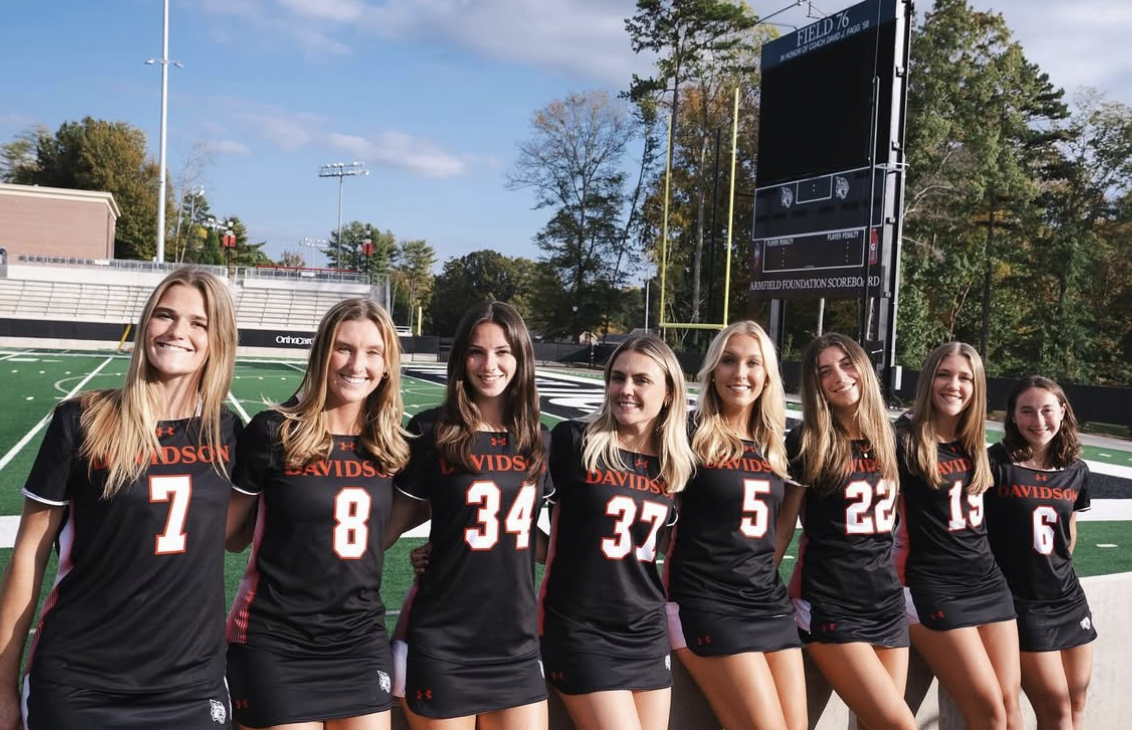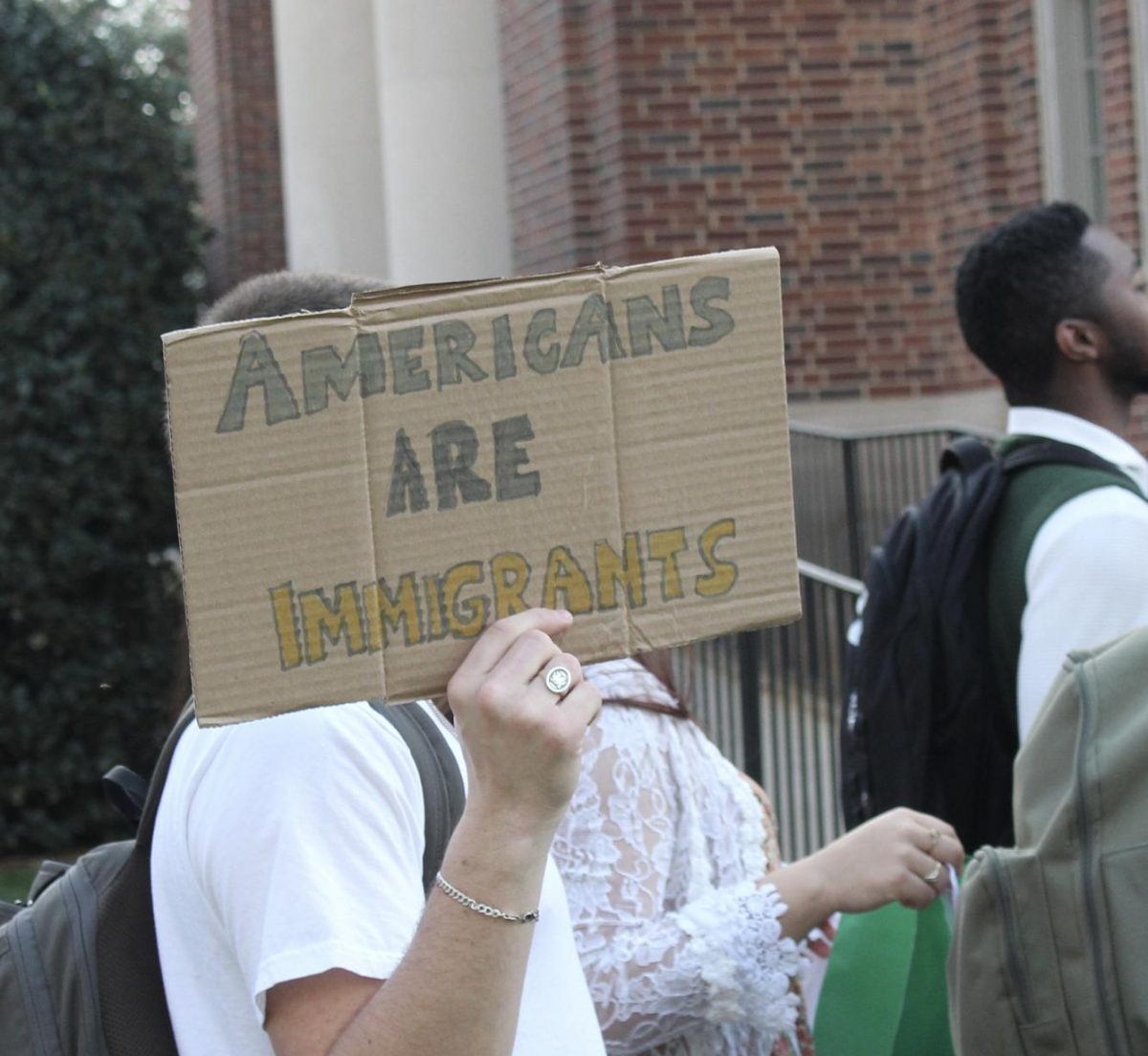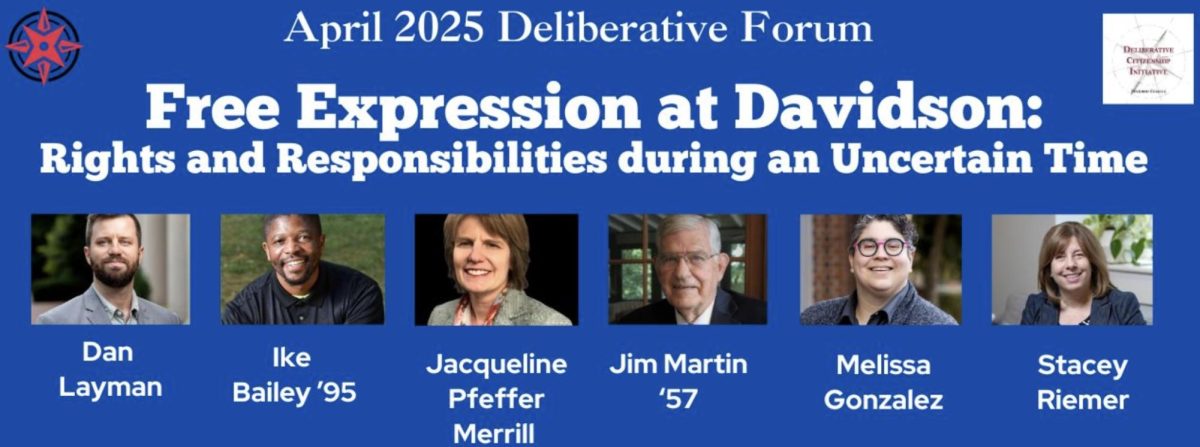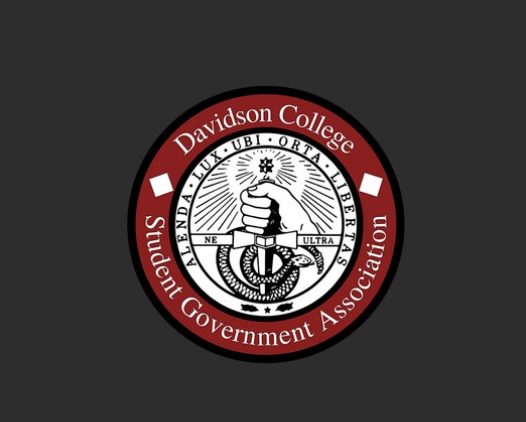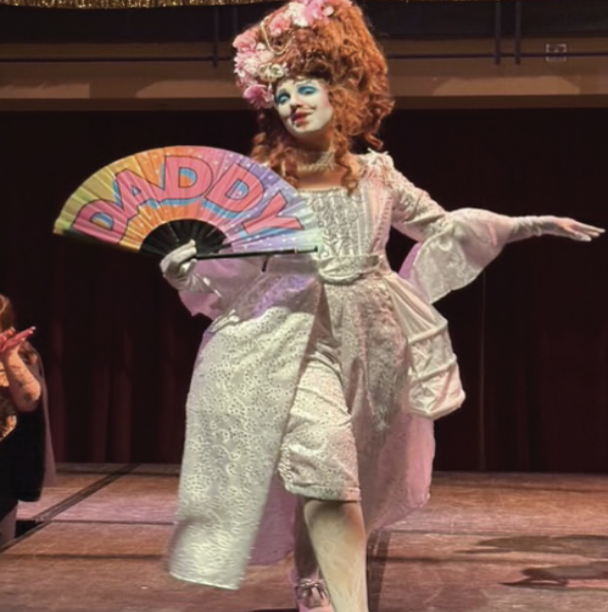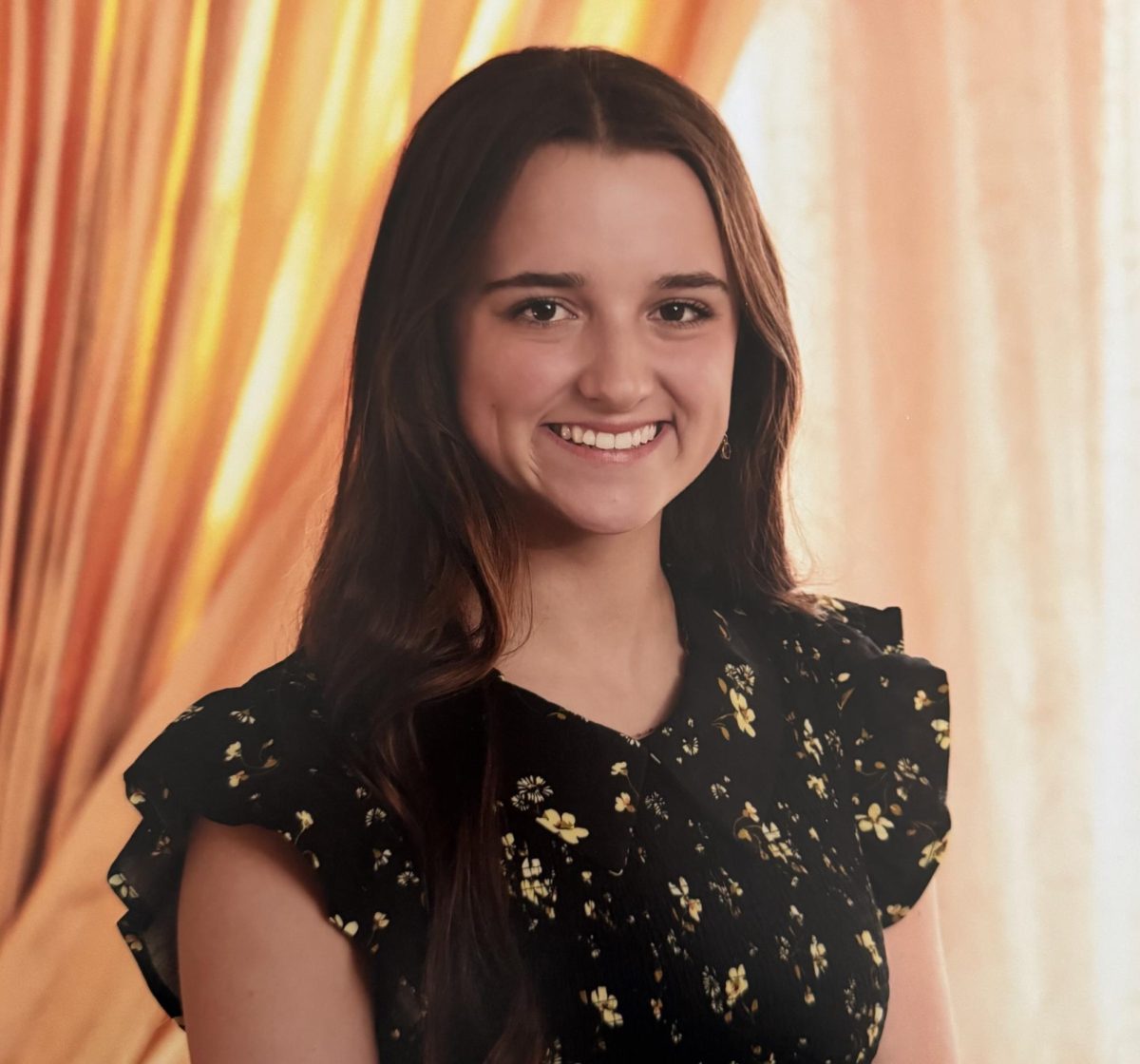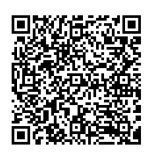 I believe that my major is one of the hardest at Davidson.
I believe that my major is one of the hardest at Davidson.
I’ve never had a class with an embedded tutor, I haven’t touched my TI-84 since high school, and if you put me in a lab coat, something would most certainly blow up. My hours in Cunningham or the VAC aren’t tracked, I usually prefer the movie to the book and differentiating between “ser” and “estar” almost knocked me out when I was fulfilling my language requirement. There are a lot of really hard majors on our campus, and every discipline presents its own unique challenges to overcome. I’m constantly in awe of every one of my peers who commits themself to their major, and I think my own major’s difficulty is deeply misunderstood.
Even though it doesn’t involve concepts that are often equated with “the hardest classes,” majoring in communication studies is one of the most difficult things I’ve done. Coming into college, I’d never considered the field, holding the belief that “I already know how to communicate.” I knew that my writing and speaking skills would be developed within every course on campus, no matter the department. Therefore, there was no need to take a communication course. However, I have since learned that studying communication gives students the unique ability to go beyond theories and challenge the very foundations of what you believe. This major has placed me in some of the most emotionally, intellectually and morally difficult conversations during my time at Davidson.
While there are various components of this discipline, most of the courses I’ve taken for my major have catalyzed intense discussion, and those conversations have been among the most challenging experiences of my college career. I’ve also never taken a course within my major where every student has been politically or ideologically similar.
One of the earliest exercises in my first communication studies course revealed our class to have a roughly even split between pro-life and pro-choice identities—therefore, abortion became the guiding topic of our semester. Throughout that fall, I learned to speak without a quiver in my voice about the rights to my own body. I developed the ability to keep my heart rate relatively normal when disagreeing on something that is foundational to who I am. I learned to vocally advocate for what I believe in, even when surrounded by people who fundamentally disagree. And throughout all these moments of incredible growth, I own that I still occasionally cried in the Chambers bathroom in the middle of class, because—even as I’m advocating for it—this shit is not easy.
My communication studies courses have been some of the most politically diverse spaces that I’ve ever existed in. At times, that has been a frustrating experience, one that I’d bet each of my classmates has also struggled with, no matter their beliefs. But these experiences have forced me to think critically about what I believe, pushing me out of the comfort that comes from agreement. I have been forced to refine my arguments, question my knee-jerk reactions and rethink the foundations of what I believe. I’ve had my own ideologies and beliefs rightfully critiqued and I’ve been called out on erroneous assertions and statements I couldn’t back—a practice that I hope has gone both ways.
I believe in the need to set boundaries with people who disagree with you. It is entirely valid to not engage in conversations with people whose beliefs fundamentally oppose your own humanity. Your feeling of safety is critical, always, and that takes priority over the need for deliberation. Simultaneously, through studying communication, I’ve learned that, whenever possible, embracing opportunities to engage across ideological boundaries can lead to great personal growth.
The process of deliberation has made my beliefs stronger, giving me unprecedented opportunities to check my inherent biases and refine my stances. I don’t know if everyone in my major feels this way, but for me, these conversations have been some of the most formative learning moments. Taking the effort to thoughtfully and thoroughly disagree with someone is one of the most respectful things you can do. I’ve built friendships with students who I would have otherwise never spoken to and engaged with peers across an array of backgrounds and beliefs, making me a better classmate, community member, advocate and person.
We are not required to give deference to beliefs that contradict our own, and having the right to speak freely and publicly does
not guarantee the right to an audience.
However, when that practice excludes communicating with upwards of half of the population of the United States, this search for comfort in similarity fuels polarization. It is true that even after every experience I’ve had in my major, I find comfort in people who share my values—but knowing when and how to push myself out of that familiarity is one of the most valuable (and difficult) skills I’ve been taught to cultivate at Davidson.
Each and every major at Davidson is intellectually challenging, but I have yet to cross paths with another discipline that guides students through these forms of ideological discomfort in such a transformative manner. I firmly believe that every student at Davidson should thoroughly consider the extent of their ideological echo chambers, and the communication studies department is a great place to start—test for yourself how easy it is.
Natalie Russell ‘25 is a communication studies major from Durham, NC. She can be reached for comment at [email protected].

